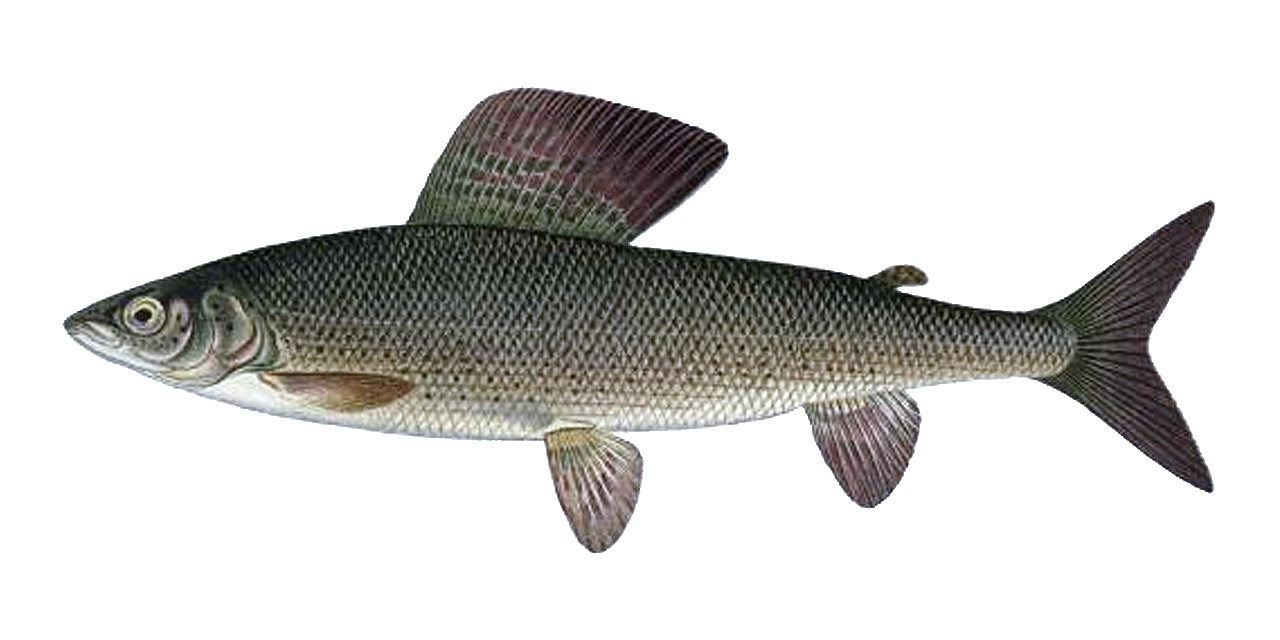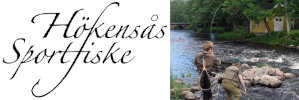Användarmeny
Grayling ( "Harr") Overview
"Harr") Overview

Grayling - Thymallus thymallus
Like the trout, grayling is a natural species in Sweden. It is found in large numbers, mainly in the northern parts of the country, and they usually multiply at a rapid pace. The populations are generally good, this is partly due to the fact that grayling are not as sensitive to climate change as, for example, char.
It is said that the grayling has a scent of thyme. In addition to the scent, the grayling is known for its large dorsal fin, which many call a "sail".
When you drill a grayling, you can get the impression that it does not move as much as, for example, the trout, it has to do with the fact that the grayling often takes the help of its large dorsal fin and simply stands sideways in the current and takes the bar.
Population
The grayling is Härjedalen fish and occurs throughout northern Sweden and in Sweden as far south as the River Lagan.
Size and growth
The grayling is not as big as for example. trout, salmon and char. It often occurs in large shoals, similar to perch.
The grayling spawns (multiplies) in the spring, unlike the trout and char.
Record size
Officially Swedish record: 2850 grams
Fishing tips
The grayling is a much appreciated fish because it is perceived as more choppy and not as picky as, for example, char.
If you want good fishing luck for grayling, it is important to find the shoal. Try to search large areas, if you get nothing, it is better to move instead of standing and wearing.
The grayling can focus entirely on an insect diet if the resources of insects are good. Otherwise, they are more than happy to chop on fish imitations (spoon pulls, streamers, etc.)
Most efficient fishing methods
Information below is based upon thousands of real catch reports from the past two years.Winter
|





